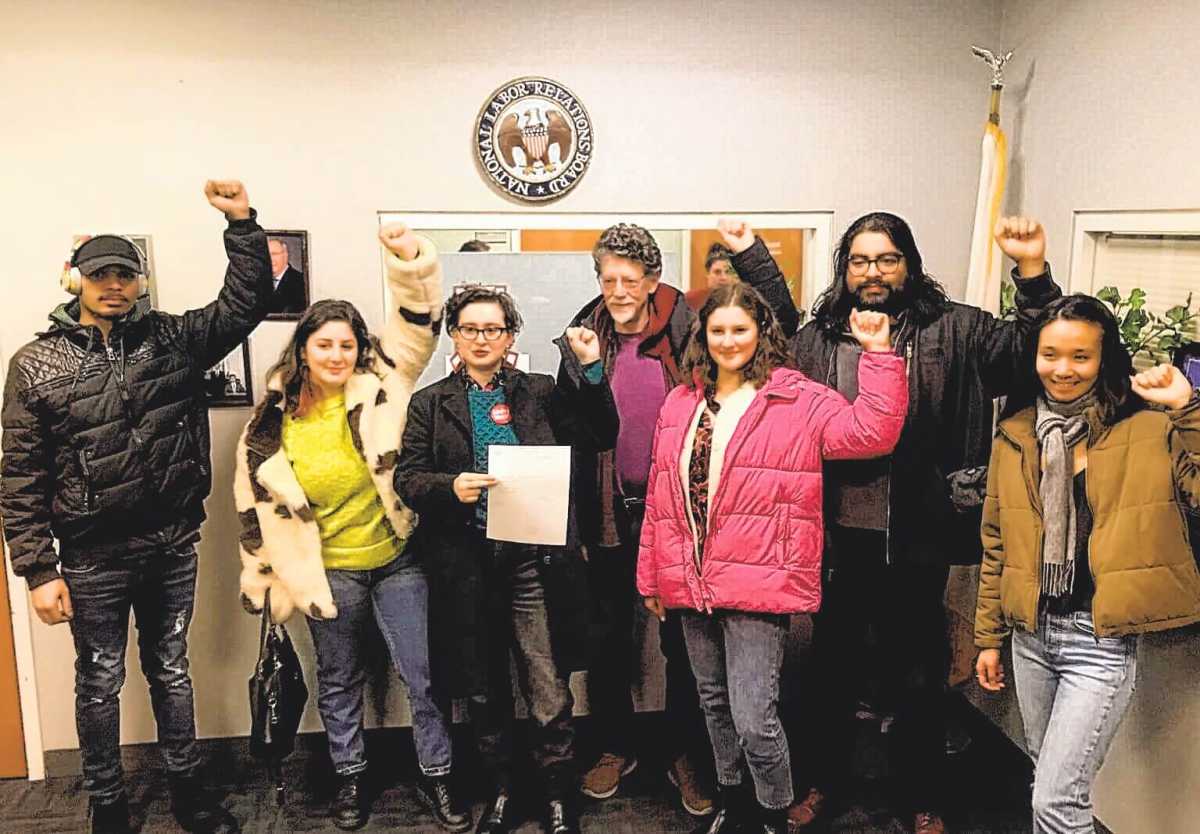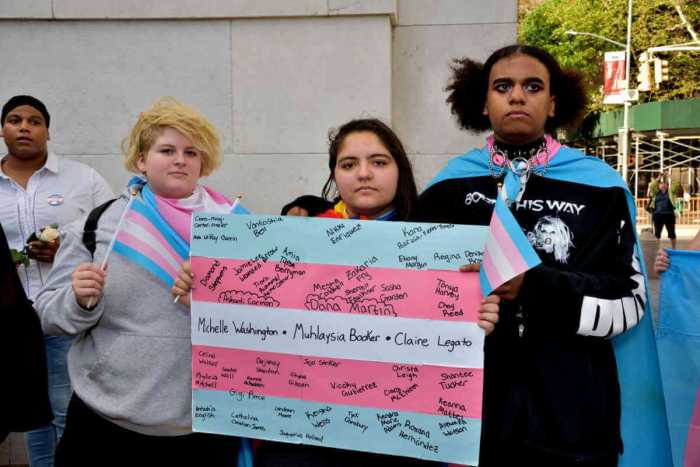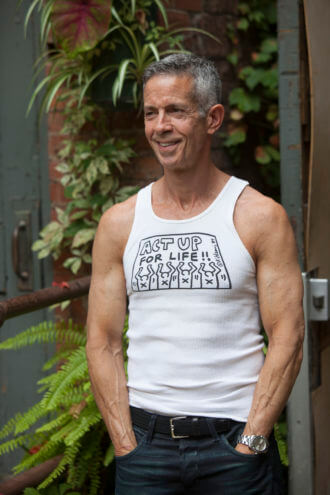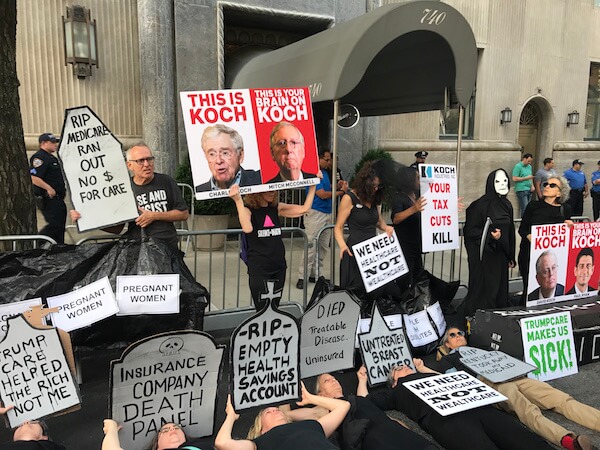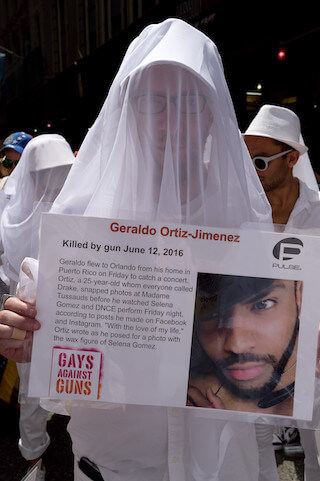Following months of delays and stalling by management, employees at Housing Works, which provides services for homeless New Yorkers living with HIV/ AIDS, will finally be able to vote to unionize in the coming weeks.
Labor organizers and Housing Works honchos have signed a new agreement that paves the way to hold an election by mail with ballots going out starting November 20 and due back December 14, according to a Friday social media post by the Housing Works Union.
A leader with the Retail, Wholesale and Department Store Union (RWDSU) — which organized the union drive for Housing Works — said it was about time that workers can cast their vote.
“It’s been a long long time,” said RWDSU organizer Adam Obernauer. “Let’s hope that there’s no last-minute pushback this time. We’re just looking forward to actually having a vote and workers having a say in the process.”
The announcement comes after a year-long battle since workers first walked out of their offices in October 2019 to address a wide range of workplace concerns, including too high caseloads, shoddy healthcare plans, and insufficient paid time-off policies.
The nonprofit, founded in the 1990s, provides support for some of the most vulnerable New Yorkers with HIV/AIDS and experiencing homelessness. It also operates several thrift stores around the city and a bookshop and café in Manhattan to fund its services.
Housing Works staffers filed for an election in February with the National Labor Relations Board (NLRB) with more than 400 signed union authorization cards out of some 600 company employees.
Over the following months, organizers faced the twin challenges of the COVID-19 outbreak and management’s alleged union-busting efforts delaying progress by appealing to the NLRB’s Washington, DC, offices, staffed by appointees of President Donald Trump, to toss the petition.
The mail-in ballots were originally supposed to go out at the end of July, but the nonprofit’s bigwigs and their labor law firm Seyfarth Shaw LLP — which advertises itself as keeping workplaces “union-free”— filed an injunction with the board on July 23 arguing that Housing Works’s business model has shifted significantly since it started operating two COVID-19 “isolation shelters” in hotels, employing some 80 people.
Given the many layoffs during the health crisis and the large number of new employees, Housing Works claimed the earlier petition was no longer representative of its staff.
RWDSU denounced the nonprofit’s leaders, especially CEO Charles King, for trying to delay the vote and dilute union support by hiring new staff.
The union also filed complaints with the federal labor board alleging the nonprofit laid off several workers as retribution for their union activity.
Housing Works’ president, Matthew Bernardo, at the time, denied that any of the 196 total furloughs and layoffs since March were a result of union activity, noting that they still employ union campaigners and that it was simply trying to have all employees have a say in the union vote.
The NLRB eventually sided with Housing Works, citing the long delays and the large turnover as a reason to re-negotiate terms.
The feds tasked their Brooklyn office, the union, and Housing Works management with drafting a new agreement that includes all new employees, which both parties signed on November 5.
Obernauer said the board’s decision was unprecedented in half a century’s worth of labor cases, arguing that new employees normally join a union after a vote happens, rather than pushing back a vote and redrawing the electorate every time there are staffing changes.
“Given the far-right-wing tint of the Trump board in DC, they made this decision,” he said. “We don’t agree with that, neither does 50 years of case law.”
But the labor organizer said they will now move forward and try to canvass all new employees to cast their ballot for the union.
“If we need to include all the new workers we will,” he said. “We’re not about not including more workers, we just didn’t want these delays to happen.”
This story first appeared in amny.com, a sister publication to Gay City News. To sign up for the Gay City News email newsletter, visit gaycitynews.com/newsletter.

